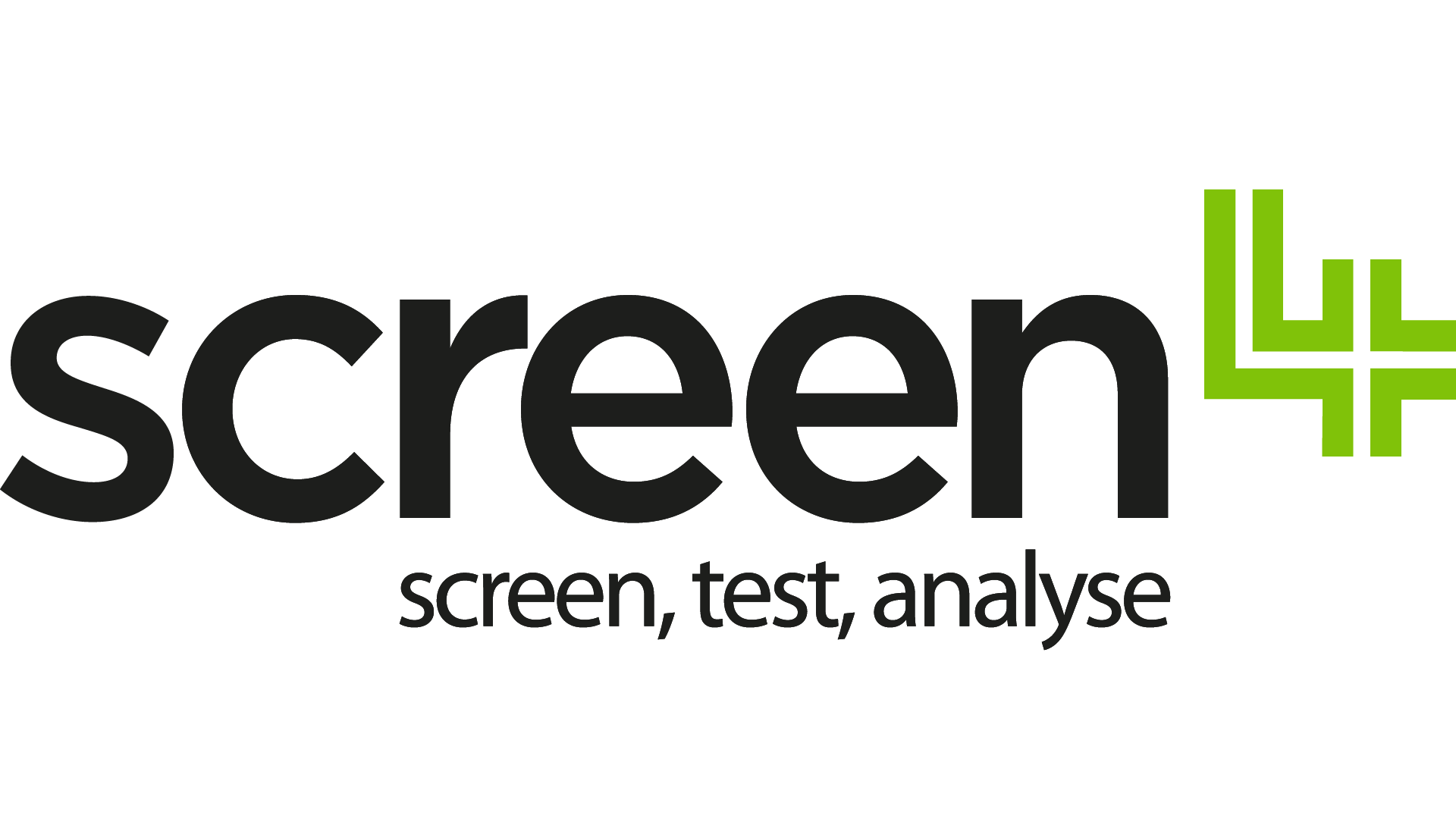The Importance of Pre-Employment Drug and Alcohol Testing: Safeguarding Workplaces and Building Trust
Pre-employment drug and alcohol testing has become a standard practice for many organisations across various industries. This rigorous screening process serves several crucial purposes, including safeguarding the workplace and creating a foundation of trust between employers and employees. In this blog, we will explore the importance of enforcing pre-employment drug and alcohol testing, its benefits in maintaining a safe and productive workforce, and the reasons why organisations should prioritise this practice.
Ensuring a Safe and Productive Work Environment:
- Identifying Potential Safety Risks:
Pre-employment drug and alcohol testing helps identify candidates who may pose safety hazards due to substance abuse. Substance impairment can lead to accidents, injuries, and compromised decision-making, endangering both employees and the overall work environment. - Reducing Workplace Incidents and Liabilities:
By implementing a thorough screening process, organisations can minimise the risk of workplace incidents caused by substance abuse. This proactive approach reduces potential legal liabilities, workers’ compensation claims, and associated costs, ensuring a safer and more financially stable workplace.
Building Trust and Reinforcing Organisational Culture:
- Demonstrating Commitment to Employee Well-being:
Enforcing pre-employment drug and alcohol testing sends a clear message to potential employees that their safety and well-being are top priorities. This commitment establishes a positive work culture built on trust, respect, and accountability. - Fostering a Substance-Free Work Environment:
By implementing drug and alcohol testing at the pre-employment stage, organisations can actively promote and enforce a substance-free work environment. This further supports employee well-being, increases productivity, and maintains a reputation for responsible practices.
Meeting Industry and Client Requirements:
- Complying with Legal and Regulatory Obligations:
Many industries have legal requirements regarding drug and alcohol testing, especially for safety-sensitive positions. Adhering to these regulations helps organisations maintain compliance, avoid penalties, and reduce legal risks. - Meeting Client Expectations:
In some industries, clients may require evidence of a drug and alcohol-free workforce before entering into contracts or partnerships. Enforcing pre-employment testing ensures that organisations can meet these expectations and establish trust with their clients.
Implementing an Effective Pre-Employment Testing Program:
Developing a Comprehensive Policy:
Create a clear and comprehensive drug and alcohol policy that outlines the testing procedures, methods, and consequences for non-compliance. Ensure that candidates are provided with the policy and fully understand the expectations.
Incorporating Reliable Testing Methods:
Select reliable testing methods, such as urine, saliva, or hair analysis, based on industry standards and the specific needs of the job roles. Partner with Screen4 to ensure accurate and consistent results.
Ensuring Privacy and Confidentiality:
Establish protocols to protect candidate privacy and confidentiality during the testing process. Comply with applicable privacy laws and regulations, and clearly communicate how data will be handled and stored securely.
Employing Consistent and Fair Practices:
Apply the pre-employment testing process consistently to all candidates for specific job categories. This fairness helps prevent any potential discriminatory practices and ensures equal treatment throughout the hiring process.

